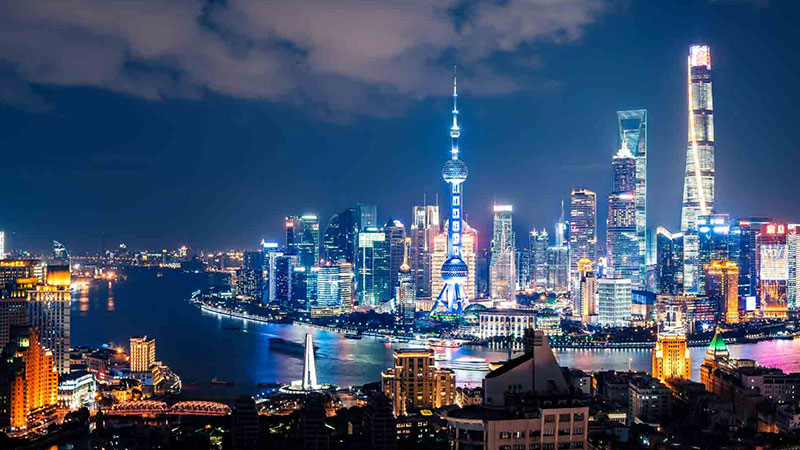Melbourne Top Investment Choice for Chinese Buyers
Chinese buyer enquiries for residential property in Australia has recorded two consecutive quarters of year-on-year growth for the first time since 2016, with Melbourne still the most popular Australian city.
Australia has been losing Chinese buyer interest to other parts of the world due to increased taxes and banking restrictions.
But Australia's hefty state foreign buyer taxes have been counterbalanced by its weakening dollar according to the latest Juwai.com report, which has seen it drop around 11 per cent of its value against the Chinese Yuan since mid-2018.
Juwai.com CEO Carrie Law says she expects Chinese buying to remain flat in 2019, with forecasts it could start to grow again inline Australia’s property market recovery.
“Chinese buyers make 83 per cent more enquiries about acquiring Melbourne property than they do Sydney,” Law said.
Brisbane has the second fastest rate of Chinese buyer growth. Law said Brisbane recorded 30.8 per cent more Chinese buyer enquiries in 2018.
“Brisbane is becoming a real alternative for the two traditional gateway cities of Melbourne and Sydney.
“The fastest growing cities, in terms of Chinese buyer interest, are Hobart, Brisbane, and Canberra.”
Melbourne receives 43.8 per cent of Chinese buying enquiries in Australia, Sydney 23.9 per cent, Brisbane 10.1 per cent, Perth and Adelaide 6.1 per cent, the Gold Coast 3.7 per cent, Canberra 3.6 per cent, and Hobart 2.6 per cent.
Related: Developers Double Down on Australian Property

Weak Aussie dollar boosts buyer interest
Despite the tougher state foreign buyer taxes, Australian’s weakening dollar means it now costs less to secure real estate.
“A buyer holding Yuan today needs the equivalent of $88,800 less in funds compared to 2017 to purchase an $800,000 dwelling,” Law said.
“The plummeting Australian dollar, which has lost 11.1 per cent of its value against the Chinese Yuan since July 2018... [That] compares to the 8 per cent rate of the highest foreign buyer taxes, which are in New South Wales and Victoria.”
Law says Chinese demand is driven largely by growing wealth, a desire to store assets 'safely' overseas, education, travel, commercial ties, immigration and high-net-worth immigration, along with environment and lifestyle.
“Eighty-three per cent of Chinese consumers cite education as their reason for immigration, 69 per cent cite environment, 57 per cent cite food safety, and 28 per cent cite asset security.”














